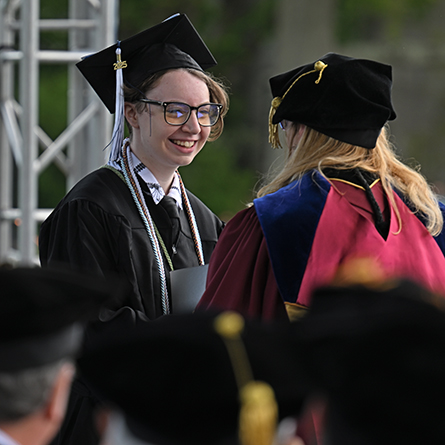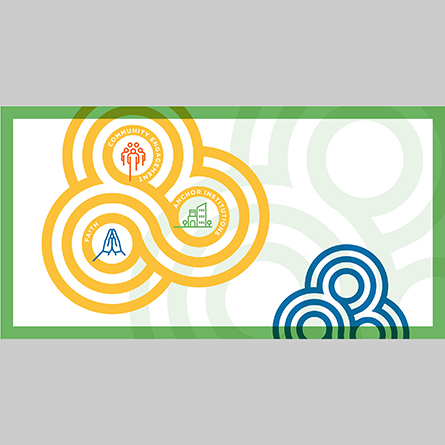
Staff and faculty researchers publish article on the Black Church and liberal arts institutions
Dean of Institutional Equity and Inclusion John McKnight, Professor of Human Development Michelle Dunlap and Director of Race and Ethnicity Programs Maurice Tiner are co-authors of “The Black Church and Liberal Arts Institutions: Forming Reciprocal Relationships for Thriving Urban Communities and Churches,” an academic article published in the latest issue of Metropolitan Universities, “The Intersection of Faith and Community Engagement at Urban Institutions.”
In the piece, McKnight, Dunlap and Tiner, along with fellow co-author Marcia Allen Owens, assistant professor of environmental sciences at Florida Agricultural and Mechanical University, argue that academic institutions engaged in partnerships with the Black Church—including small, independent, under-resourced churches as well as historically Black denominational churches, and other under-resourced faith-based organizations—should consider collaborative educational opportunities around the issues of strategic financial sustainability and short and long-term stewardship.
The four community-engaged academics offer a thought-experiment starting with their observations and experiences with respect to the need for such partnerships, and how these kinds of collaborations may be able to help strengthen the Black Church, in all its forms and faith-based communities, and ground them for greater advocacy for demanding systemic and structural change.
“Together we bring more than 100 years of experience within churches and faith-based organizations, over 125 years of higher education and/or other non-profit career experience, and more than 50 years of post-secondary education. We find ourselves imagining the transformative potential of applying key liberal arts principles with which we have become accustomed in our academic lives to help address challenges we have observed for years in our various faith-based community engagements,” they write in the article.
“Our aim is not to theoretically position liberal arts institutions as saviors to grassroots faith-based organizations, but rather, to leverage the unique resources within the academy and to create opportunities for mutual benefit.”

